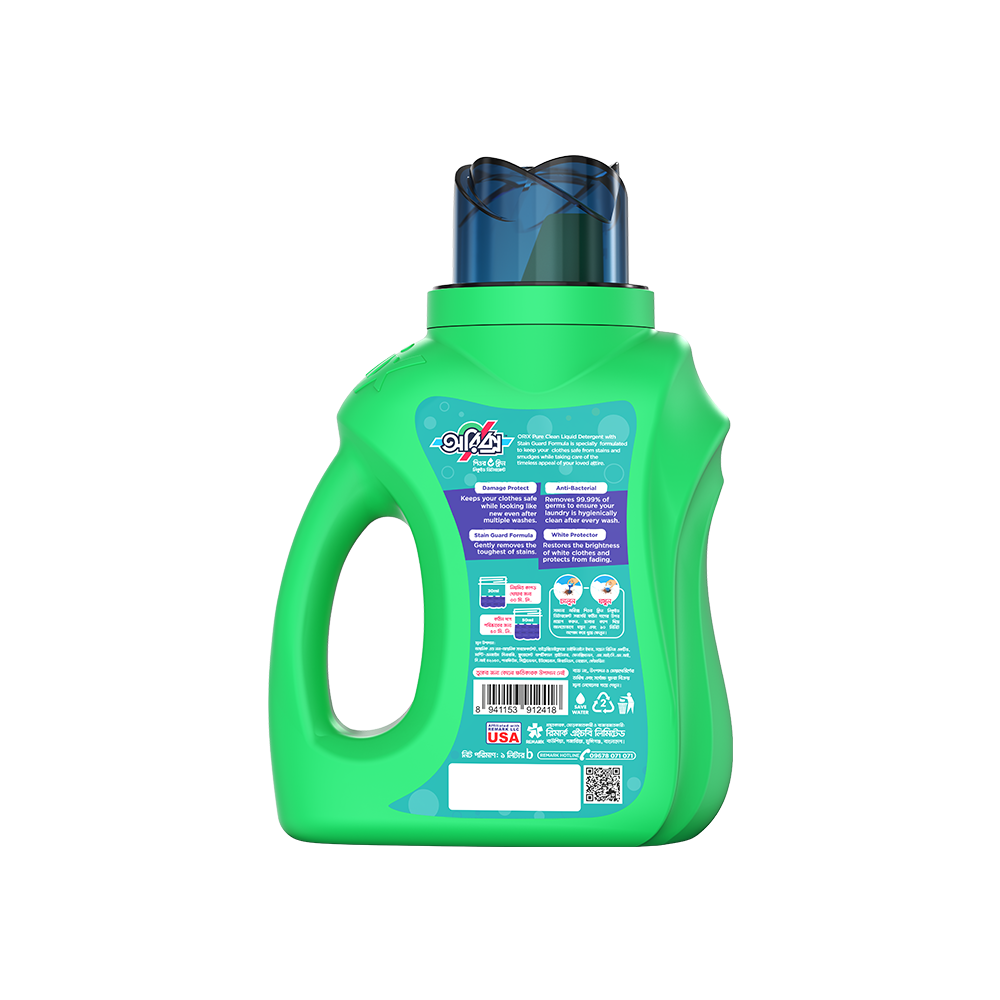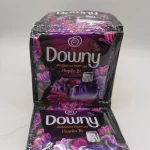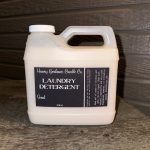Overview of the Gain Laundry Detergent Lawsuit
A recent lawsuit has raised concerns about Gain laundry detergent. The claim? Gain contains a harmful chemical. This has sparked a debate on product safety and consumer rights. The lawsuit filed in March 2023 targets Gain’s Original Aroma Boost. It alleges misrepresentation through ‘greenwashing’. Greenwashing is when products seem eco-friendly but may not be.
The lawsuit points to 1,4-Dioxane, a possible carcinogen, as the problem. Studies by Bureau Veritas confirmed its presence. The lawsuit accuses the manufacturer, Procter & Gamble, of not disclosing the chemical’s risks. Darlene Hangen-Hall, the plaintiff, argues she was misled. She trusted the product to be safe and eco-friendly.
The lawsuit seeks damages and aims for a jury trial. It accuses Procter & Gamble of several legal violations. These include negligent misrepresentation and fraud. The plaintiff and others affected want to hold the manufacturer accountable. They wish to ensure that product claims match the actual safety and environmental impact.
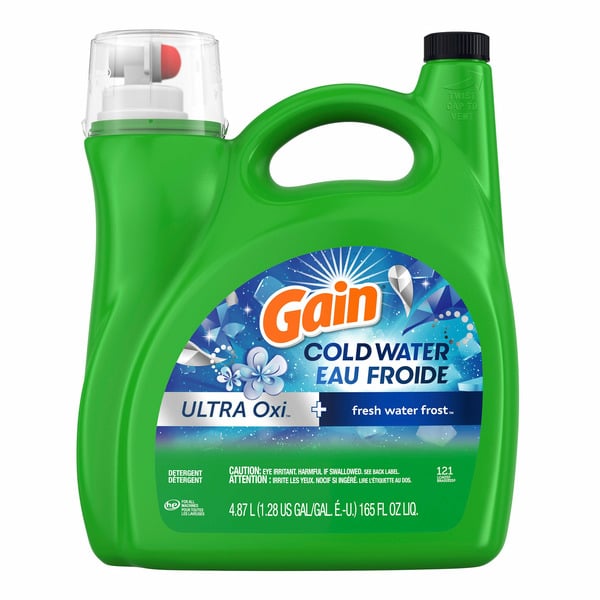
What is ‘Greenwashing’ and How Does it Affect Consumers?
Greenwashing is a marketing ploy. It paints products as eco-friendly when they might not be. This can mislead customers who look for sustainable options. Companies often use green imagery. They show nature, like leaves and flowers, to appeal to eco-conscious minds. But the products may still harm the environment. Consider the Gain lawsuit. It claims the detergent had green-themed packaging, suggesting safety and eco-friendliness.
However, allegations say that Gain contains 1,4-Dioxane, a possible carcinogen. This reveals a gap between the package claims and the actual chemical content. Consumers might buy these products believing they are making a better choice. This trust in eco-labels makes greenwashing harmful. It tricks people into supporting brands that do not prioritize real environmental care.
Greenwashing affects consumer choices and trust. It weakens the push for genuine eco-friendly products. It also harms companies that truly invest in sustainable practices. As consumers, we must be wary. We must learn to spot greenwashing. We should support products that back up eco-claims with real action. The Gain lawsuit serves as a reminder. It shows the need for transparency between product marketing and their actual environmental impact.
The Chemical at The Center of The Controversy: 1,4-Dioxane
1,4-Dioxane is a chemical raising alarms. The recent Gain lawsuit focuses on this substance. Why the worry? 1,4-Dioxane is a ‘probable human carcinogen,’ say health agencies. This means it could cause cancer.
Found in some detergents, 1,4-Dioxane can be a byproduct of manufacturing processes. The chemical is not intentional but comes from other ingredients. These include certain cleaning agents meant to be gentle on the skin. However, 1,4-Dioxane itself is not gentle. It is harmful.
This chemical does not stay put. It washes away with laundry wastewater. From there, it can end up in our drinking water. This spread raises health concerns for everyone.
Its presence in products is not clear to buyers. Labels do not always list it. This lack of transparency is a key issue in the Gain toxicity debate.
Consumers are calling for change. They want clear labels and safe products. No one should fear their laundry detergent. The Gain case could be a turning point. It might push for stricter rules on chemical disclosure in household products.
Health Implications of 1,4-Dioxane Exposure
The health risks of 1,4-Dioxane are worrying. As identified by The National Institutes of Health (NIH) and the U.S. Environmental Protection Agency (EPA), 1,4-Dioxane is a ‘probable human carcinogen.’ Essentially, it might cause cancer. The substance can accumulate in the body over time. This poses a long-term risk to health.
Injuries linked to this chemical are serious. Research connects it to the development of tumors. Tumors might appear in the liver, gallbladder, and nasal cavity. Lungs, skin, and breasts can also be affected. This is critical to understand for anyone using detergents like Gain.
Exposure happens in various ways. You can breathe in the chemical during laundry. Contaminated water might be consumed. 1,4-Dioxane can also seep through the skin. The lack of clear labeling means consumers are often unaware of these risks. This raises major safety concerns.
The current lawsuit against Gain laundry detergent highlights these dangers. The plaintiff, unknowingly exposed, wants accountability. Procter & Gamble is accused of not being upfront about 1,4-Dioxane. This negligence could lead to people suffering. Knowing what we put in our homes is crucial. Safe product use should be a standard, not a privilege.
Individuals should consider potential risks when choosing cleaning products. Being informed about ingredients is key. For those worried about toxicity in laundry detergent, it’s essential to stay updated on cases like this. This awareness could drive better industry practices and safer products in the market.
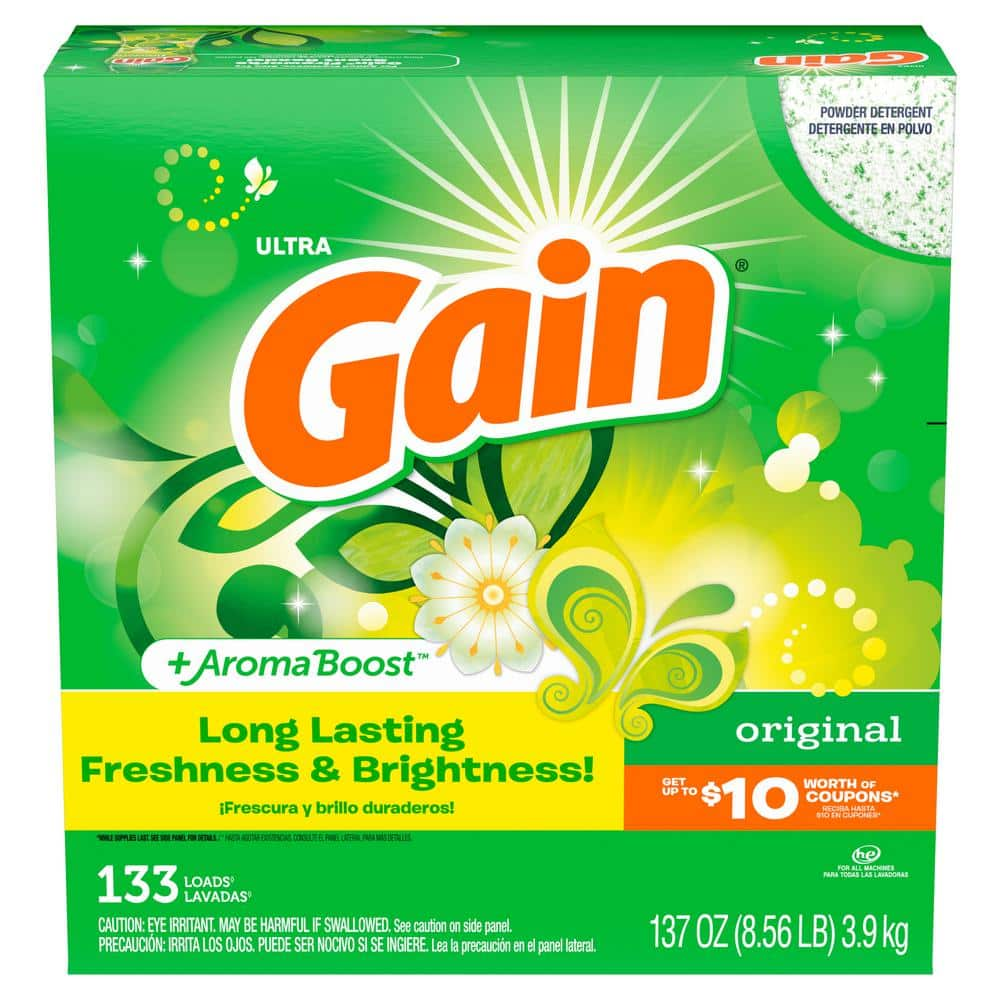
Consumer Rights and Legal Claims against Misrepresentation
When buying products like laundry detergents, consumers have rights to true information. Darlene Hangen-Hall’s lawsuit against Gain detergent is about these rights. She claims Gain’s marketing was deceptive, implying safety and eco-friendliness that may not exist. Misrepresentation like this can lead to consumer distrust and legal action.
Misrepresentation happens when a product’s marketing does not match its reality. Companies may use misleading terms or images to suggest benefits that aren’t there. In the case of Gain, the natural imagery suggested a product safe for consumers and the environment. But as the lawsuit points out, the presence of 1,4-Dioxane, a potential carcinogen, tells a different story.
Consumers harmed by such products might use the law to seek justice. Hangen-Hall is asking for damages. She claims that Procter & Gamble failed to disclose the product’s risks. Legal claims like these put pressure on companies to be honest. They can also inspire changes in industry standards.
The lawsuit includes legal claims of negligent misrepresentation, fraud, and unjust enrichment. Unjust enrichment means the company profited off a product while possibly putting consumers at risk. New York laws and the Magnuson Moss Warranty Act also come into play. These regulations protect consumers and set standards for product warranties and representations.
The Gain toxicity debate highlights the importance of consumer rights. People rely on product labels to make informed choices. When those labels are not truthful, it’s a serious concern. If you suspect misrepresentation, it is your right to question it. You can also seek legal advice if needed. Being informed and proactive helps ensure safe products for all.
Previous Incidents: The Art of Green Laundry Detergent Recall
Gain isn’t the first brand to face scrutiny over product safety. Last year, Art of Green laundry detergents made headlines when they were recalled. This incident sheds light on ongoing concerns in the industry.
Art of Green products were pulled from shelves due to bacterial contamination risks. Specifically, the worry was about Pseudomonas aeruginosa bacteria. These are typically harmless in nature. But they can be dangerous for those with weak immune systems or with medical devices.
The recall included over 14,000 bottles of two detergent scents. Those were ‘Free and Clear’ and ‘Zen Lavender Garden’. This action was important to protect consumer health. It shows the critical role of safety checks and recalls.
People were told to stop using the detergent immediately. They were advised to contact AlEn USA for a refund. Consumers also had to dispose of the detergent carefully. They needed to avoid emptying it before disposal to prevent exposure.
This previous recall of Art of Green detergent emphasizes the need for vigilance. Choosing household products requires awareness of potential risks. It’s important to know how to respond if a product recall affects you. Being proactive can keep you safe from harmful substances in laundry detergents.
How to Identify and Choose Safe Laundry Detergents
Choosing the right laundry detergent is key to both cleaning performance and safety. Here’s how to identify and choose products that are safe for you and the environment:
- Read Labels Carefully: Look for detergents that list all ingredients. Avoid those with vague claims like ‘natural’ or ‘green’ unless well-defined.
- Check for Certifications: Opt for products certified by ecological or health organizations. Certifications like ‘EcoCert’ or ‘EPA Safer Choice’ indicate safer choices.
- Avoid Certain Chemicals: Steer clear of detergents containing known irritants or carcinogens, such as 1,4-Dioxane or phosphates.
- Research Brands: Go beyond the label. Research the brand’s reputation for safety and transparency. Look for any previous safety concerns or recalls.
- Ask for Recommendations: Seek advice from friends or family on detergents they trust. Consider online forums and consumer reviews for broader opinions.
- Do a Patch Test: When trying a new detergent, do a patch test on a small fabric piece. This can help gauge skin sensitivity.
- Consider Unscented Options: Some fragrances can cause skin irritation. Unscented detergents are often less likely to have harmful ingredients.
By following these steps, you’ll make an informed decision. This will ensure the safety of your household without compromising on cleaning power. Remember, what’s good for the planet is often good for you too.
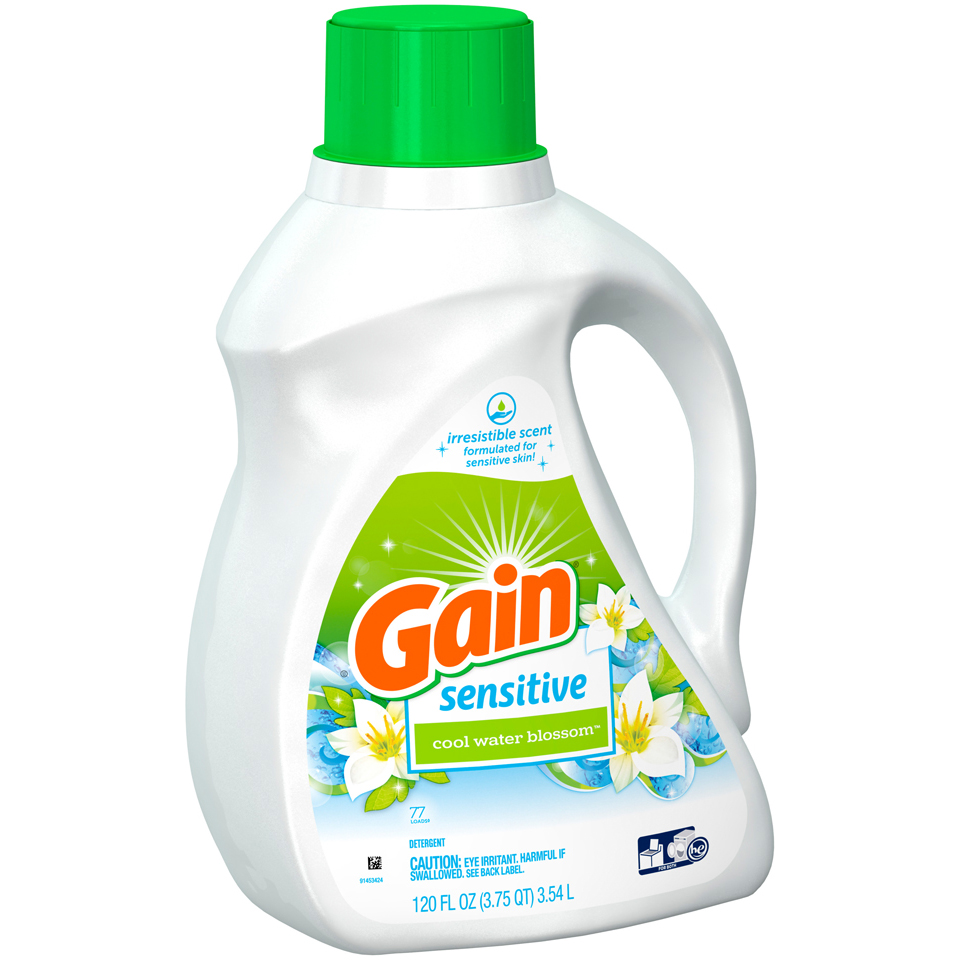
Steps You Can Take if You’re Concerned About Your Detergent
If you’re worried about the safety of your laundry detergent, you can take action. Here are steps to put your mind at ease:
- Research Ingredients: Look up each ingredient listed on your detergent. Find out their safety profiles and potential side effects.
- Contact Manufacturers: Reach out to the detergent company. Ask them about specific chemicals and their safety measures.
- Use Sparingly: Until you’re sure, limit the use of the detergent. Try smaller doses or alternative cleaning methods.
- Follow News: Keep up with the Gain lawsuit and other safety news. Stay informed about product alerts and recalls.
- Pick Eco-Friendly Products: Choose detergents with eco-friendly labels. Ensure these claims are backed by trusted certifications.
- Join Consumer Groups: Engage with groups that focus on product safety. They often share insights and can amplify your concerns.
- Voice Concerns: If you suspect a problem, speak up. Report your concerns to consumer protection agencies.
- Consider Homemade Alternatives: Research recipes for homemade detergents. They can be safer and eco-friendly.
- Test for Reactions: If you’re sensitive, apply a small amount of detergent to a cloth. Check for any skin reaction before full use.
- Stay Updated: Follow blogs and websites about consumer safety. They often provide the latest information on product safety.
By being proactive, you can protect yourself from possibly harmful substances in laundry detergents while pushing for clearer product transparency.
